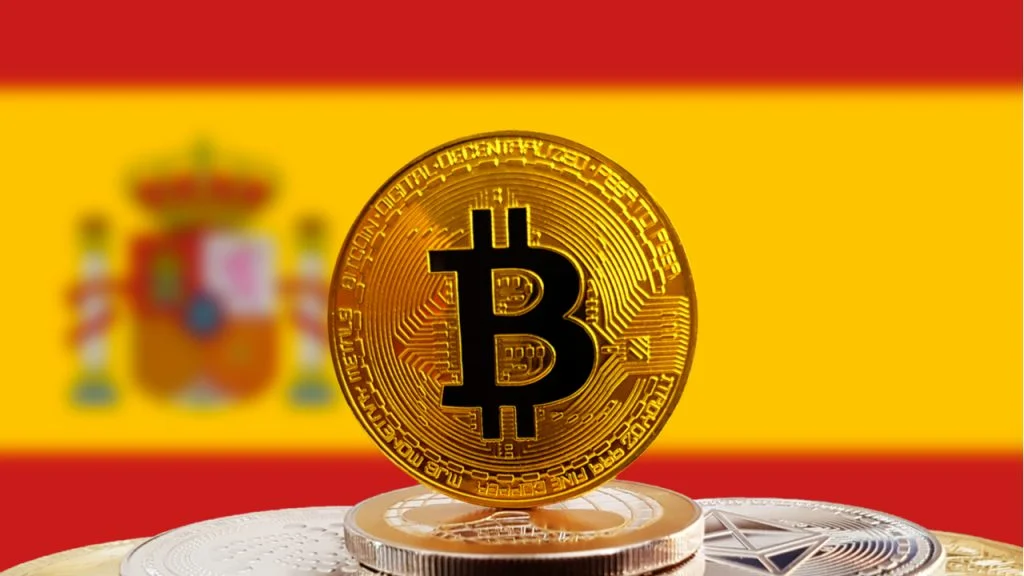Spaniards have been required to reveal their foreign crypto assets in order to combat crypto-related fraud, this was made known in a contentious new law approved by the Spanish parliament.

According to the Ministry of Finance, the law bringing crypto into the much-maligned Modelo 720 system has passed the final barrier and obtained approval from the Spanish parliament.
The Modelo 720 system, which has been criticized by some in the EU, requires Spaniards to reveal their foreign bank account and real estate holdings, as well as other assets like stocks.
However, cryptocurrency has now been added to the mix. For almost six years, Spanish legal experts have endeavoured but failed, to challenge Modelo 720’s legitimacy in European courts.
According to the rules of the new law, failing to declare crypto owned overseas will result in a set penalty of USD 5,900.
This means that fines for Spanish nationals who hold cryptocurrency on numerous sites outside of Spain but fail to declare it on annual tax forms to Spain’s tax authority could accumulate forever.
Meanwhile, a legal expert is attempting to answer the vexing question of how the Spanish legal system regards cryptocurrency.
A June 20, 2019, Supreme Court judgement on a bitcoin (BTC)-related matter has strong legal precedence in Spain, according to an article published by El Pais and authored by Daniel Burón, the CEO of the LaBE Abogados law company.
“Cryptocurrencies are not regarded as electronic money,” the decision court said in the case.
“Bitcoin is nothing more than a unit of account of the network with the same name,” the court added.
The judge further determined that the Bitcoin network uses “a validated computer network” and that “bitcoin is nothing more than an intangible heritage item” in this sense.
Burón went on to say that this last point was crucial in legal procedures because it meant that Spanish courts would have to determine the size of damages based on BTC or altcoin prices at the time of investment (in the case of a scam trial).
He came to the conclusion that a 2011 law governing electronic money and payments “does not apply to [crypto] operators.”
